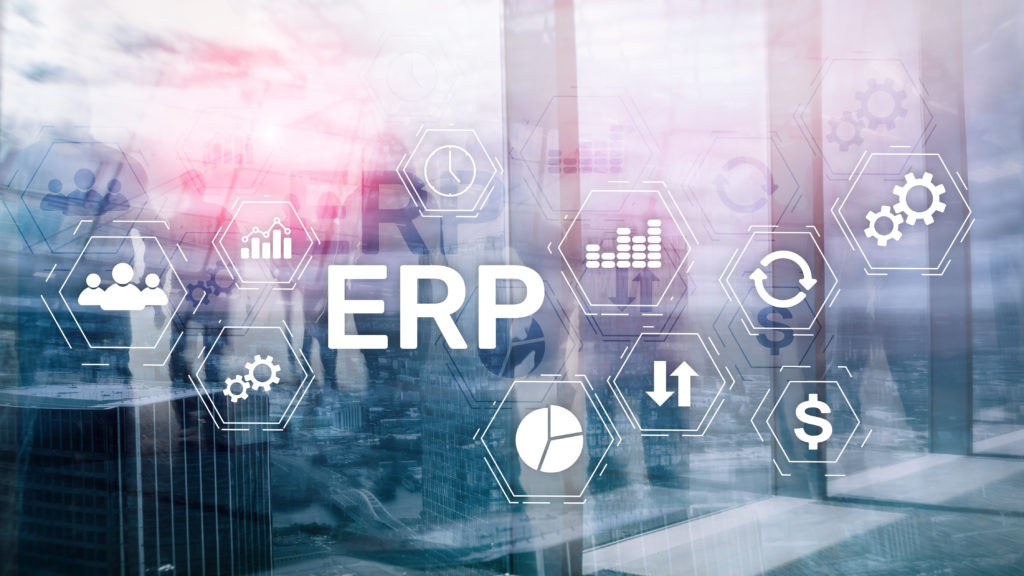What Is Enterprise Resource Planning?

Enterprise resource planning (ERP) is one of those terms that sounds intimidating, and it can be hard to grasp the entire meaning. Could it be project management software? Perhaps some kind of accounting and budgeting system?
In part, the term’s meaning depends on the context. Broadly, you could say that enterprise resource planning software allows information-sharing between all of the different departments that are vital to running a business. All of the separate processes, including payroll, accounts receivable, hiring, employee training, and marketing, access and share the same data, in real-time.
What’s the Central Function of ERP?
The central function of an ERP can be explained by some related terms: sharing, integration, and synchronization.
- You’re probably already familiar with the first term — sharing. Information is shared between different business activities or processes so that everyone has access to the same data. Simply put, an ERP has a shared database.
- Integration is related to the sharing as described above. Integration allows the ERP software to connect to other departments’ systems, even when those systems are from other vendors. Despite having different vendors, information is consistently and efficiently shared and workflow automation increases.
Not only can ERP integrate with software from other vendors, but it can also be completely customized for your business. - With synchronization, ERP systems allow information flow from a central source. This makes it possible for each department to have access to the same information at the same time.
This is much more efficient than trying to merge spreadsheet data across different programs. With many ERP systems, employees have access to a dashboard that reports the same information to all departments.
- Last but not least, an ERP removes the vestiges of last century’s business practices. Businesses that do not have an ERP most likely aren’t using paper and pencil-based information system—but they may be manually re-keying information between incompatible systems. An ERP system can eliminate the duplication of data entry and manual entry.
Is There Measurable Business Value to Having an ERP?
It’s easy to measure the business value of an ERP system. Using an ERP will increase the efficiency of your business operations, including earning profits.
- Transparency of company operations improves, not just from one operation to another, but at all levels of business, from each department to each transaction. Users may call up the information they wish and will not have to learn new programming to use the system. And access can even be achieved conveniently via mobile devices.
- Streamlining business operations through automation will also reduce costs. Because of the shared nature of the system, collaboration between departments will increase, as will information-sharing. Thus, there will be less duplication of effort and can even result in opening more lines of communication.
- Daily operations, which may include updating internal documents or accessing data, will be up-to-date in real-time and look the same between departments, making it easier for different company departments to operate with the same understanding and ensure that everyone is on the same page.
Learn more about the benefits of implementing an ERP system for your business, download our e-book.
Similar Blogs

January Decision Digest

December Decision Digest





